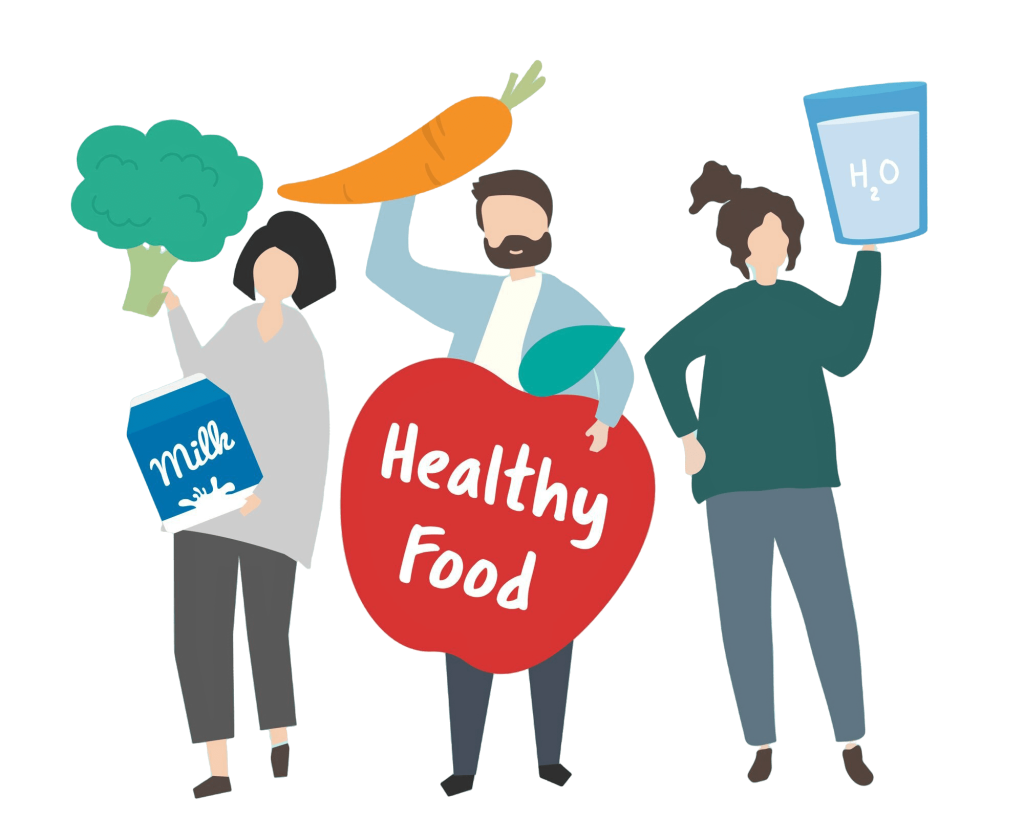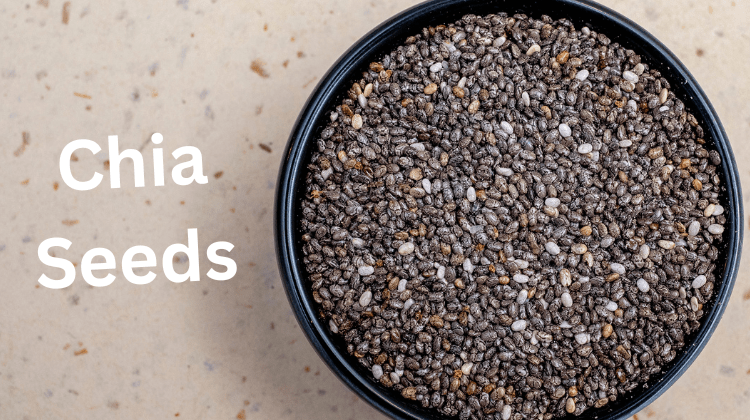Goat milk has been enjoyed for centuries, but today it’s making a strong comeback as a healthy dairy alternative backed by modern science. Known for its creamy texture and rich taste, it’s now widely recognized for its impressive nutritional value and gentle effect on digestion.
Unlike cow milk, goat milk contains smaller fat globules and different proteins, making it easier to digest and less likely to cause discomfort, especially for those with lactose intolerance or sensitive stomachs. From boosting gut health to nourishing the skin, the benefits of goat milk go far beyond the glass.
More people are turning to this naturally nutrient-dense drink not just for its taste, but for its holistic wellness support, blending tradition, nutrition, and science in every sip.
What Makes Goat Milk Unique?
What truly sets goat milk apart from cow milk lies in its biological composition and digestibility. Goat milk has smaller fat globules and a naturally homogenized texture, which means the cream doesn’t separate easily, it makes it smoother and easier for the body to process.
This fine structure allows the digestive system to break it down more efficiently, reducing bloating or heaviness after drinking.
Another key difference is its A2 casein protein, a type of milk protein that’s less likely to trigger inflammation or allergic reactions compared to the A1 casein found in most cow milk. This makes goat milk a gentler choice for people with mild lactose intolerance or dairy sensitivity.
Culturally, goat milk has long been a staple in Mediterranean, Middle Eastern, and Asian diets, valued for both nourishment and medicinal uses.
Its naturally rich blend of nutrients, including calcium, phosphorus, and B vitamins. These nutrients contribute to its growing reputation as a healthy dairy alternative in modern wellness circles.
Nutritional Profile of Goat Milk
Below is a scannable, science-backed snapshot of the major nutrients in goat milk and why they matter. Values are typical averages per 100 ml (approximate, can vary by breed and processing).
Protein — ~3.0–3.6 g
Complete amino-acid profile that supports muscle repair, enzyme production, and tissue maintenance. Goat milk proteins are also often easier to digest than cow milk proteins.
Calcium — ~120–140 mg
Critical for strong bones and teeth, calcium also supports nerve signaling and muscle contraction. Goat milk is a reliable dietary source of bioavailable calcium.
Vitamin A — ~30–50 µg & Vitamin D — trace to small amounts
Vitamin A promotes healthy skin and vision; vitamin D (often added in fortified products) helps the body absorb calcium and supports immune function. Together they aid skin repair and general immunity.
Magnesium — ~10–15 mg & Potassium — ~180–220 mg
Magnesium helps nerve and muscle function and participates in hundreds of enzymatic reactions. Potassium supports heart rhythm, fluid balance, and blood pressure regulation.
Healthy fats — ~3.5–4.5 g total fat
Goat milk contains a higher proportion of medium-chain fatty acids compared with some other dairy products; these MCTs are absorbed more quickly and can provide faster, sustained energy while being easier on digestion.
Carbohydrates (mostly lactose) — ~4.0–4.8 g
Supplies quick energy; total lactose is slightly lower in some goat milk varieties and the protein/fat matrix can make it gentler for people with mild lactose sensitivity.
Micronutrients: B-vitamins, Phosphorus, Selenium, Zinc (small but meaningful amounts)
B-vitamins (like riboflavin and B12) support energy metabolism and red blood cell health. Phosphorus works with calcium for bone structure. Selenium and zinc contribute to antioxidant defenses and immune health.
Tip: choose fresh or properly pasteurized goat milk (not raw) to maximize nutrient retention and safety. If you want added vitamin D or B12, check labels for fortified options or pair the milk with vitamin-rich foods (e.g., fortified cereals, leafy greens).
Top Health Benefits of Goat Milk
Goat milk isn’t just a traditional drink. It’s a nutrient-dense, immune-boosting dairy that can support your body in many ways.
Below are some of the most well-documented goat milk benefits, explained simply and clearly:
1. Easier Digestion
Goat milk contains smaller fat molecules and slightly less lactose than cow milk. This unique structure allows the body to break it down faster, making it gentle on the stomach and ideal for those with mild lactose intolerance or sensitive digestion.
Why it matters: Better digestion often means less bloating, cramping, or discomfort.
2. Rich in Essential Nutrients
Naturally packed with calcium, phosphorus, and B vitamins, goat milk provides your body with the building blocks it needs for energy, growth, and overall wellness. These nutrients are also highly bioavailable, meaning your body absorbs them more efficiently.
3. Boosts Immunity
Goat milk contains selenium and zinc, two powerful minerals known for strengthening the immune response. These help the body fight off infections, reduce oxidative stress, and support normal immune cell activity.
Why it matters: A stronger immune system can help protect against seasonal illnesses and support faster recovery.
4. Improves Skin Health
When it comes to goat milk for skin, its natural vitamin A and lactic acid play a key role. These nutrients gently exfoliate, hydrate, and support skin cell renewal, giving the skin a healthier and more radiant appearance.
Why it matters: Goat milk can soothe dry, sensitive, or acne-prone skin when used in your diet or skincare routine.
5. Supports Bone Strength
High calcium and phosphorus levels in goat milk helps maintain bone density and reduce the risk of osteoporosis as we age. These minerals work together to keep bones and teeth strong.
Why it matters: Regular intake can support long-term skeletal health.
6. Promotes Heart Health
Goat milk is rich in healthy unsaturated fats and may help maintain a balanced cholesterol profile. This can support better cardiovascular function and overall heart wellness.
7. Reduces Inflammation
The unique protein structure and fatty acid profile of goat milk have anti-inflammatory effects, which may help soothe the digestive tract and calm certain skin irritations.
Why it matters: Less inflammation can lead to improved gut health, clearer skin, and overall vitality.
Goat Milk vs Cow Milk: What’s the Real Difference?
When it comes to goat milk compared to cow milk, there are several nutritional and structural differences that impact digestion, taste, and overall tolerance.
Here’s a quick breakdown:
| Feature | Goat Milk | Cow Milk |
| Lactose Content | Slightly lower (about 4.1 g per 100 ml). Easier to digest for mild lactose intolerance | Higher (around 4.8 g per 100 ml). May cause discomfort in lactose-sensitive people |
| Fat Globule Size | Smaller and naturally homogenized. Leads to smoother texture and easier digestion | Larger fat globules. Require mechanical homogenization |
| Protein Type (A1 vs A2 Casein) | Mostly A2 casein, which is gentler on the gut and less inflammatory | Contains A1 casein, which may trigger sensitivity or bloating in some people |
| Digestibility | More digestible due to smaller fat molecules and softer curds | Harder to digest for those with lactose or A1 casein sensitivity |
| Allergenic Potential | Lower. Fewer allergenic proteins | Higher. Common trigger for milk allergies |
💡 Tip: For sensitive stomachs, goat milk can be a more digestible option due to its A2 protein and smaller fat molecules, making it gentler on digestion while still offering rich nutrition.
Who Can Benefit the Most from Goat Milk
Goat milk isn’t just a tasty alternative, it’s a nutrient-dense beverage that suits a variety of needs and age groups. Here’s who can benefit the most:
- People with Mild Lactose Intolerance:
Goat milk contains slightly less lactose and smaller fat globules, making it easier to digest and less likely to cause bloating or discomfort.
- Children and Elderly:
Its soft curd structure and rich calcium, magnesium, and vitamin content make it a gentle yet nourishing option for growing children and older adults with sensitive digestion.
- Athletes and Active Adults:
With its complete amino acid profile and medium-chain fatty acids (MCTs), goat milk offers quick, sustained energy and supports muscle recovery after workouts.
- Skin-Conscious Individuals:
Packed with vitamin A, zinc, and antioxidants, goat milk helps maintain clear, healthy skin and may reduce dryness and irritation when consumed regularly.
⚠️ Reminder: If you have a dairy allergy or severe lactose intolerance, always consult a healthcare provider before adding goat milk to your diet.
Potential Downsides or Precautions of Goat Milk
While goat milk offers many nutritional and digestive benefits, it’s important to be aware of certain precautions before adding it to your diet.
- Not Suitable for Infants:
Goat milk should not be used as a substitute for breast milk or infant formula, as it lacks essential nutrients like folate and vitamin B12 necessary for proper infant growth. Always consult a pediatrician before introducing it to a baby’s diet.
- Possible Allergic Reactions:
Although goat milk contains A2 casein (less allergenic than A1), some people may still experience dairy allergies or sensitivities. Common symptoms include bloating, skin irritation, or nasal congestion.
- Ensure Proper Pasteurization:
Always choose pasteurized goat milk to prevent bacterial infections such as Listeria or Salmonella. Raw milk may carry harmful pathogens that can pose serious health risks.
- Moderation Is Key:
Goat milk is rich in fats and calories. Overconsumption may contribute to weight gain or high cholesterol in individuals with sedentary lifestyles.
How to Add Goat Milk to Your Diet
Incorporating goat milk into your daily routine is simple and versatile. Its mild, slightly creamy flavor makes it a great substitute for cow milk in many recipes.
Here are a few easy ways to enjoy it:
- Morning Smoothies or Shakes:
Blend goat milk with bananas, oats, and a handful of nuts for a nutrient-rich breakfast that supports digestion and energy.
- In Tea, Coffee, or Cereal:
Use goat milk as a substitute for cow milk in your hot beverages or morning cereal. It adds a smooth texture and mild sweetness without overwhelming the flavor.
- Homemade Yogurt or Cheese:
Goat milk is perfect for making probiotic-rich yogurt, paneer, or soft cheeses like chèvre. These options support gut health and diversify your diet.
- Baking and Cooking:
Replace regular milk with goat milk in pancakes, soups, or sauces to add richness and creaminess without heaviness.
- Skincare Use:
Try goat milk-based skincare products, soaps, lotions, and creams, known for their moisturizing and anti-inflammatory benefits, especially for dry or sensitive skin.
Takeaway: Start with small servings (half a cup daily) and observe how your body responds. Gradually increase the amount once you’re sure it suits your digestion and taste preferences.
Summary
Goat milk stands out as a nutrient-dense, gentle, and sustainable dairy option that blends traditional wisdom with modern nutritional science.
With its smaller fat globules, A2 casein protein, and rich supply of calcium, vitamins, and minerals, it offers a wholesome alternative for those seeking better digestion, improved skin health, and overall wellness.
For people who experience digestive discomfort, mild lactose intolerance, or skin sensitivities, making a gradual shift to goat milk can bring noticeable benefits without sacrificing taste or nutrition. It’s a simple yet powerful way to support your health naturally.
FAQs About Goat Milk
Is goat milk good for lactose intolerance?
Yes. Goat milk contains less lactose and smaller fat globules, which makes it easier to digest compared to cow milk. Many people with mild lactose intolerance find it gentler on their stomach and less likely to cause bloating or discomfort.
Can I drink goat milk every day?
Absolutely, in moderate amounts, goat milk can be a healthy addition to your diet. It’s rich in calcium, protein, and essential vitamins that support strong bones, healthy skin, and better immunity. Start with small servings to let your body adjust.
Is goat milk better for skin than cow milk?
Yes. The vitamin A and lactic acid in goat milk help remove dead skin cells, support cell renewal, and keep the skin soft and hydrated. That’s why many natural goat milk skincare products are recommended for people with dry or sensitive skin.
Does goat milk taste different?
Goat milk has a slightly earthy and creamy flavor, smoother than cow milk but with a distinct richness. Many people with sensitive palates prefer its mild, natural taste once they get used to it.
Is goat milk safe for babies?
While goat milk is nutritious, it should not replace breast milk or infant formula for babies under one year old. It lacks certain nutrients essential for infant growth. Always consult a pediatrician before introducing it to a child’s diet.



